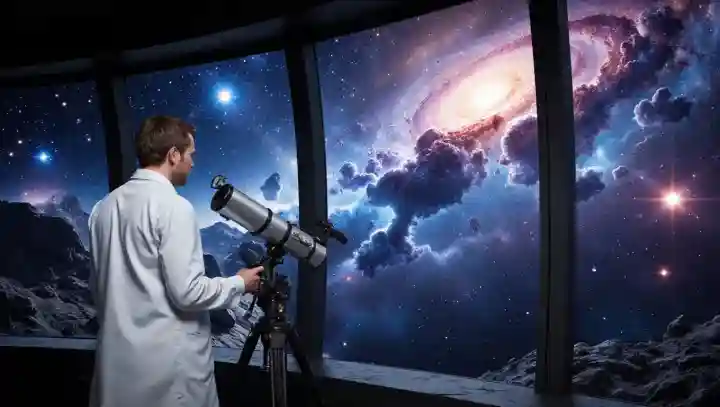
In New York, a consortium of leading astrophysicists has unveiled new findings supporting the Big Bang theory as the prevailing scientific explanation for the universe's origin. This theory posits that the universe began as an extremely hot and dense point approximately 13.8 billion years ago, subsequently expanding and evolving into its current state. The researchers emphasize that multiple lines of evidence—including the cosmic microwave background radiation, redshift measurements of distant galaxies, and the abundance of light elements—collectively reinforce the Big Bang framework. Notably, the cosmic microwave background serves as a critical relic, offering a snapshot of the universe shortly after its inception. Despite the robust support, some experts caution that alternative models and unexplained phenomena, such as dark matter and dark energy, keep the discourse dynamic and open-ended. Dr. Samantha Greene, a cosmologist at Columbia University, remarks, 'While the Big Bang theory provides a comprehensive account, we must remain vigilant in exploring anomalies that could lead to deeper insights.' This renewed scrutiny comes amid accelerating advancements in observational technology and space telescopes, promising unprecedented precision in mapping the cosmos. As public interest surges, the scientific community acknowledges that understanding the universe's origins is not only a matter of academic importance but also a venture that captivates the human spirit.